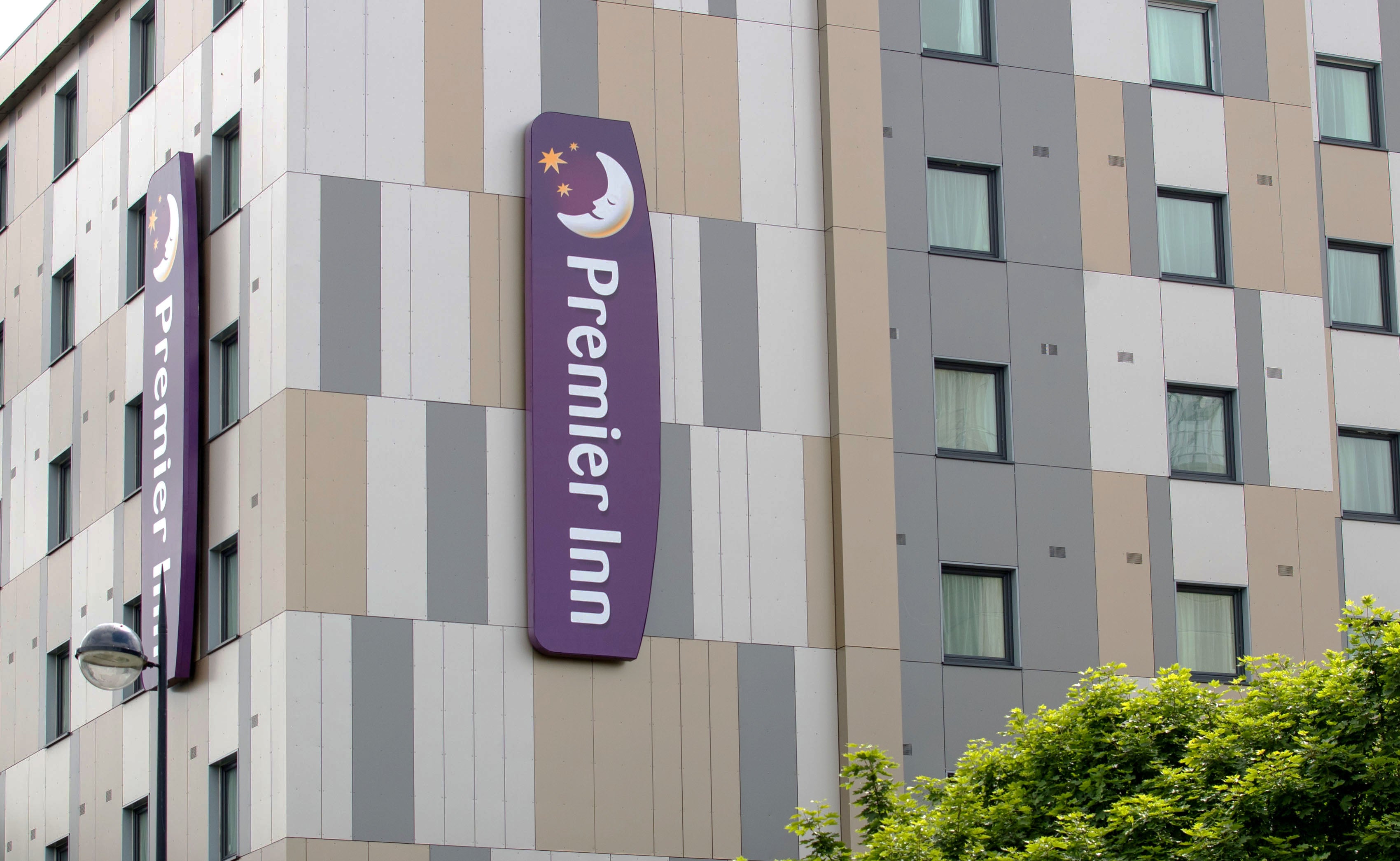Premier Inn owner sees ‘post-lockdown bounce’ ahead of summer of staycations
Whitbread said trading has been strong since May 17, when overnight hotel leisure stays were allowed as restrictions eased.

Your support helps us to tell the story
From reproductive rights to climate change to Big Tech, The Independent is on the ground when the story is developing. Whether it's investigating the financials of Elon Musk's pro-Trump PAC or producing our latest documentary, 'The A Word', which shines a light on the American women fighting for reproductive rights, we know how important it is to parse out the facts from the messaging.
At such a critical moment in US history, we need reporters on the ground. Your donation allows us to keep sending journalists to speak to both sides of the story.
The Independent is trusted by Americans across the entire political spectrum. And unlike many other quality news outlets, we choose not to lock Americans out of our reporting and analysis with paywalls. We believe quality journalism should be available to everyone, paid for by those who can afford it.
Your support makes all the difference.Premier Inn owner Whitbread has cheered a “post-lockdown bounce” after restrictions eased last month and Britons looked to a summer of staycations, yet more than a third of shareholders voted against the boss’s pay packet.
The group said trading has been strong since May 17, when overnight hotel leisure stays were allowed following lockdown, while forward bookings have remained buoyant, boosted by the ongoing restrictions on international travel.
UK accommodation sales declines improved to 27.3% in the month to June 14 on a two-year basis, with hotels 74.2% full, with falls in food and drink sales narrowing to 24.9%.
This showed a marked improvement on Whitbread’s first-quarter figures when restrictions remained in place for much of the period, with like-for-like UK accommodation sales plunging 62.1% on a two-year basis, with food and drink sales 86.2% lower over the 13 weeks to May 27.
Our forward bookings continue to improve, benefiting from the anticipated post-lockdown bounce in leisure demand, and a continued gradual improvement in business bookings
Shares in the group rose 4% in morning trading.
Alison Brittain, chief executive of Whitbread, said: “Trading in the UK since May 17, when overnight leisure stays were permitted, and when our restaurants fully reopened for indoor service, has been encouraging.
“Additionally, our forward bookings continue to improve, benefiting from the anticipated post-lockdown bounce in leisure demand, and a continued gradual improvement in business bookings.”
Yet on Thursday nearly 36% of shareholder votes were cast against the company’s remuneration report, despite Ms Brittain not being awarded any bonuses.
The chief executive’s total pay packet was limited to her basic salary of a little over £1 million, down from more than £2.5 million a year earlier, including bonuses.
The group said 98% of its UK hotels and restaurants were now open, with 19 of its 30 sites open across Germany where trading is also recovering.
Whitbread confirmed the month-long delay to the full lifting of lockdown restrictions had not impacted its full-year outlook, though it will keep leisure demand under pressure.
“We expect leisure demand in coastal and other tourist locations to remain very strong throughout the summer, while the full recovery of leisure demand is dependent on the final release of lockdown, and the return of unrestricted events,” the group said.
The group sank to a huge £1 billion loss in the year to February, when most of its estate was forced to shut for much of the first six months.
Whitbread survived the pandemic by tapping into £270 million in claims from the UK and German governments for furlough cash and support, and also raised £1 billion from shareholders, alongside £550 million in a Green Bond.
Bosses said they also expect to make future cost savings of £100 million by 2024.